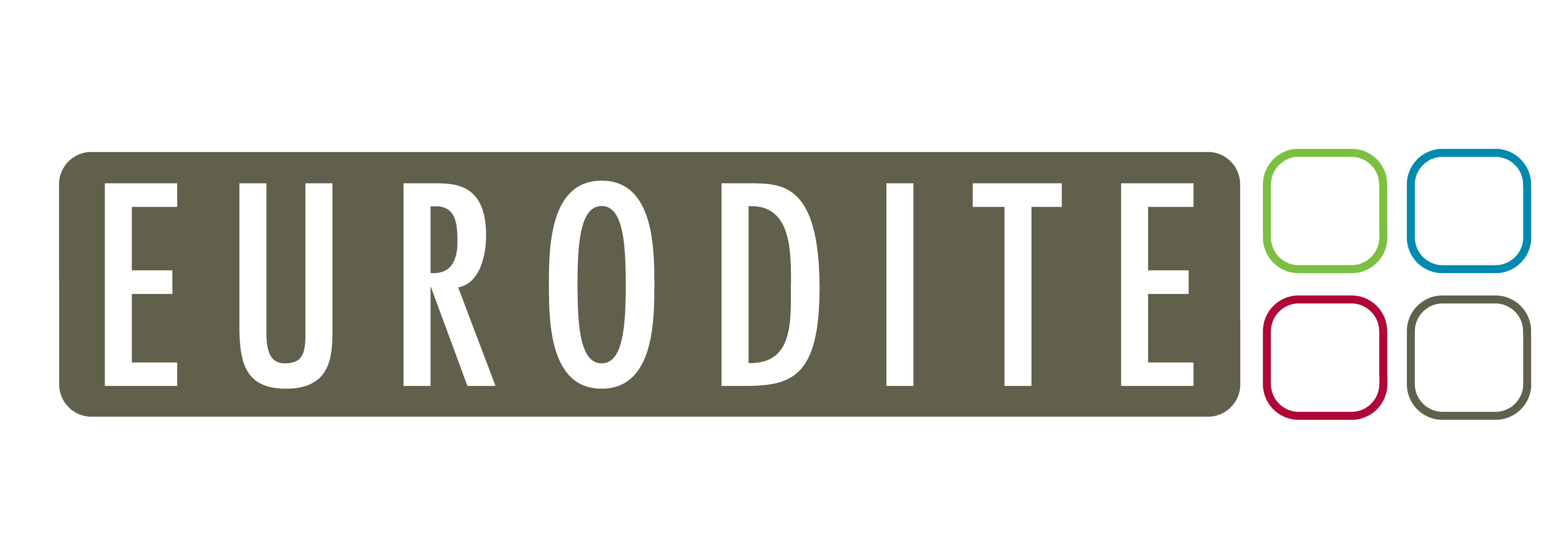More than 50% of the global population lives in cities. By 2050, more than 75% of the people will be urban population. Major development issues in the fields of energy, food and water supply need to be tackled in the urban context. Also economic development, employment, mobility, housing and cultural supply are key topics related to sustainable urban development. Eurodite understands and implements projects in urban contexts, ranging from strategic territorial strategies and policies on national level to masterplans, area developments and EU applications on local level.
Territorial policies
Eurodite is assisting several national authorities, among others the Romanian Ministry of Regional Development and Tourism and local authorities on policies in the field of territorial planning and metropolitan area management.
Masterplanning
We support cities and regions in development of masterplans on various scales. These range from the level of inter-city cooperation, metropolitan area to area development.
Urban Mobility
Multimodality, scale, transition to renewable energies and the modal split are important issues in setting mobility plans for an urban region. Eurodite supports regions in auditing their mobility plans and setting guidelines for improvement. Eurodite is partner in the Intelligent Energy Europe project ‘QUEST’ that assists more than 50 European cities in auditing and updating their mobility plans.
Economic development
A good economic climate is essential for urban areas to remain attractive for inhabitants to live and work and companies to invest and create jobs. Selecting and facilitating key economic sectors involving companies, universities and NGO’s into the process can support cities in improving their competitive climate. Eurodite can assist urban policy makers and planners in selecting key economic sectors and developing policies and plans to increase economic competitiveness. Eurodite has assisted cities and regions in development of tourism strategies, created investment models for innovation- and research facilities; economic SWOT’s and project pipelines and setting up of cooperation models between city, university and companies.
